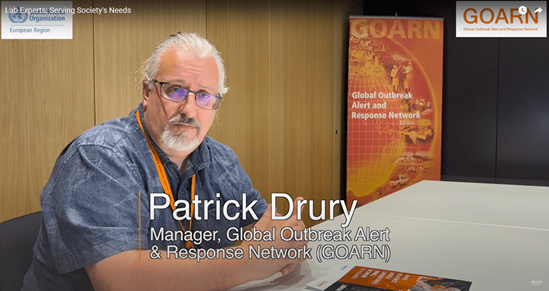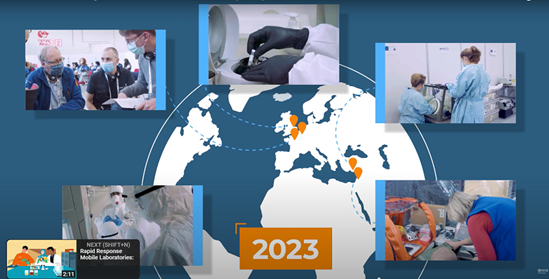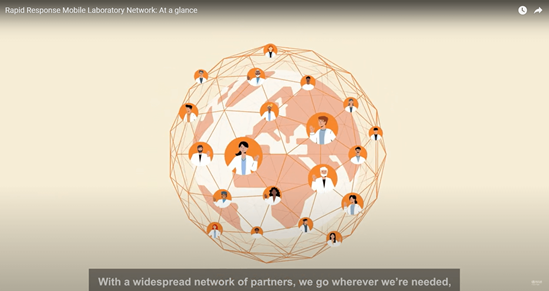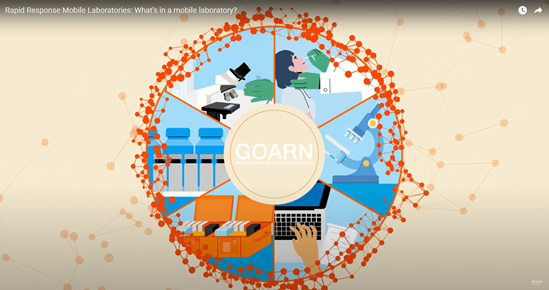Enhancing national diagnostic surge capacities with rapid response mobile laboratories in emergencies
WHO is strengthening diagnostic surge capacities to support countries in both preparedness and response to emergencies.
Reliable and timely diagnostic services are critical during infectious disease outbreaks, migrant and refugee crises, and natural disasters, and for fortifying national public health systems. At the heart of these efforts are rapid response mobile laboratories (RRMLs), which play a pivotal role in addressing laboratory and diagnostic needs during emergencies.
Designed for swift national and international deployment, RRMLs bridge critical gaps in diagnostic capacity by providing scalable, high-quality solutions throughout all phases of the emergency management cycle. Equipped with specialized modules tailored to specific missions, RRMLs offer flexible, context-specific responses, ensuring that affected communities receive the diagnostic support they need, when and where it is most needed.
WHO/Europe’s support for RRMLs and diagnostic surge capacities
WHO/Europe plays a critical role in enhancing diagnostic surge capacities and the RRML community of practice. The RRML initiative, which originated within the WHO European Region, has grown into a global RRML community of practice under the Global Outbreak Alert and Response Network (GOARN) Strategic Group for Diagnostic Surge Capacities (DiSC).
WHO/Europe supports RRMLs by strengthening partnerships, developing standard procedures and implementing operational research activities. This includes developing minimum operational standards and typology for RRMLs to ensure high-quality and adaptable laboratory services during emergencies tailored to the needs of affected communities.
WHO/Europe also focuses on capacity-building through knowledge transfer, training, and the integration of RRMLs into national health systems, ensuring these mobile laboratories are ready for rapid deployment when emergencies arise.









